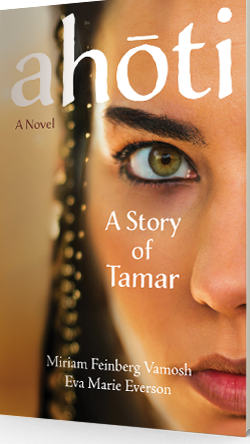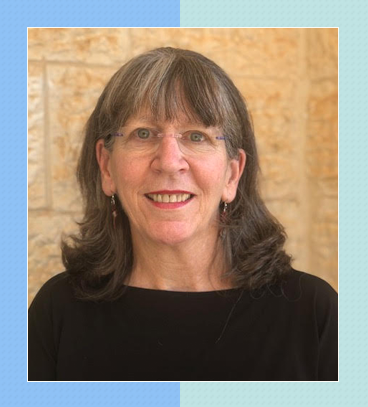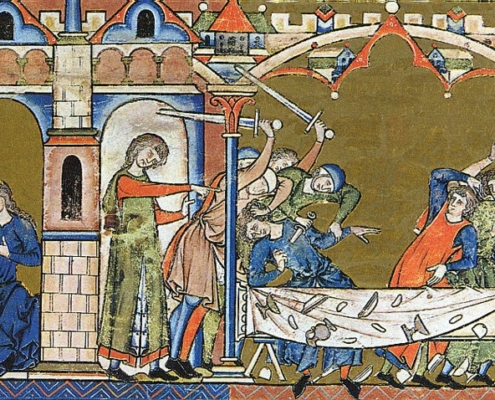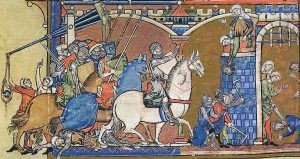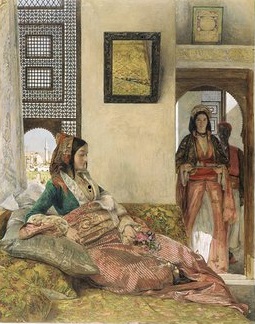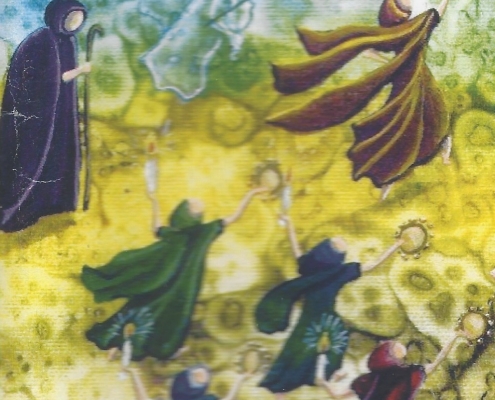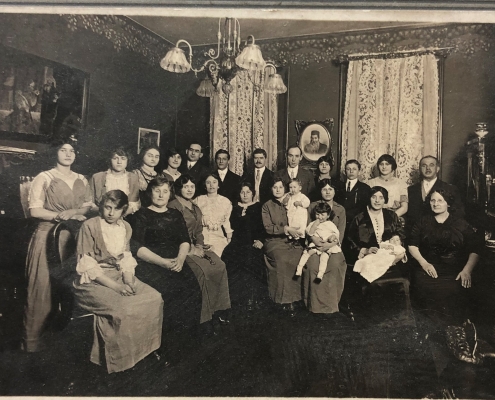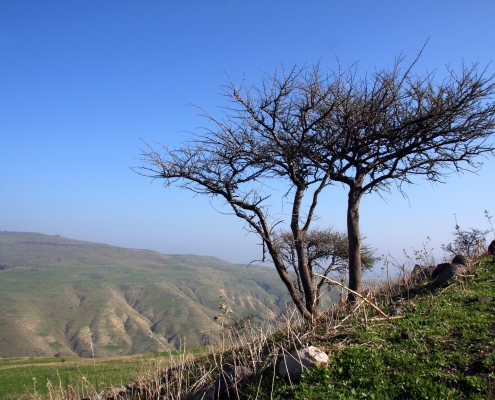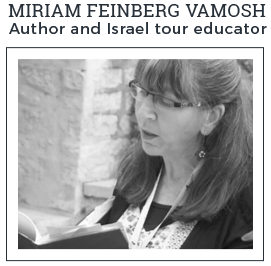Miriam was born in Trenton, New Jersey, and has lived in Israel since 1970. Her love affair with the Bible and ancient sources led to her series of books on daily life in Bible times, her first historical novel The Scroll, her newest novel Ahoti – The Story of Tamar, with co-author Eva Marie Everson, and hundreds of articles. That love grew over many years as a tour educator. Miriam’s interest in the New Testament began with the respect that she learned for people of all faiths and cultures from her parents and her older brother and sister. Her writing, and her translating and editing of scholarly research on biblical antiquity on the one hand, and her 20 years as a translator on the news desk of the cutting-edge Israeli daily Haaretz, on the other, come together in a complex whole that, for Miriam, has made life in Israel a never-ending search for meaning, ever more so in troubled times.

